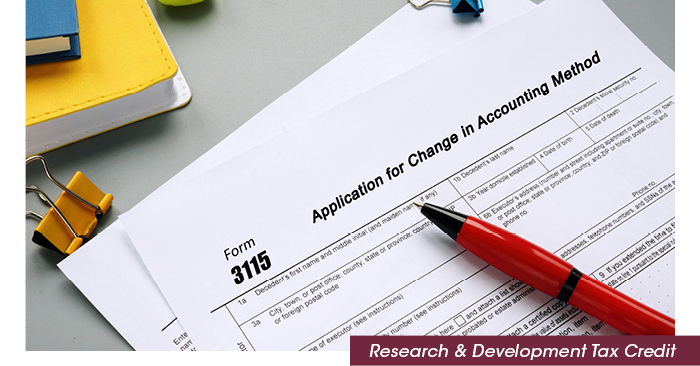The IRS has recently issued Rev. Proc. 2024-34, which modifies the method change procedures for specified research or experimental (SRE) expenditures under Section 174. This updated guidance provides important changes for taxpayers seeking to comply with the amended rules following the 2017 Tax Cuts and Jobs Act (TCJA). Here’s a breakdown of the key provisions and how they impact businesses.
Overview of Rev. Proc. 2024-34
Rev. Proc. 2024-34 modifies previous guidance by Rev. Proc. 2024-23, allowing certain taxpayers more flexibility when changing their method of accounting for SRE expenditures in tax years beginning after December 31, 2021. These changes are designed to help businesses adapt to the requirements of Section 174, which mandates capitalization and amortization of SRE expenses over a five-year or fifteen-year period.
Key Modifications
- Expanded Eligibility for Automatic Method Change
Previously, certain taxpayers were restricted from using automatic method change procedures if they had made a similar change in the last five years or if they were in their final year of business. Under the new Rev. Proc. 2024-34, these restrictions are eased, allowing businesses to file automatic changes for tax years beginning in 2022 or 2023—even if they had a previous change or were in their last year of operations. - Limited Audit Protection
The guidance also modifies the audit protection rules. Taxpayers will not receive audit protection for changes made in the second or subsequent tax year if they did not change their method of accounting for the first tax year beginning after December 31, 2021. This is a critical reminder for businesses that audit protection is still contingent on having properly filed changes in prior years.
Why This Matters for Taxpayers
The revisions offer much-needed flexibility for businesses dealing with the complexities of Section 174. Companies that may have previously been ineligible for automatic method changes can now revisit their filings and make the necessary adjustments for compliance. However, it remains crucial for businesses to ensure that their accounting method changes align with Section 174 to avoid potential IRS scrutiny.
How KBKG Can Help
KBKG specializes in helping businesses comply with evolving tax regulations like those under Section 174. Its expert team can help calculate SRE expenditures for businesses of all kinds to ensure compliance with the capitalization and amortization requirements. KBKG also assists with the preparation and filing of Form 3115, allowing clients to make the necessary accounting method changes with confidence. Additionally, KBKG can calculate Section 41 R&D tax credits to help minimize the impact of the Section 174 capitalization changes. Reach out today to ensure the right steps are being taken under the new IRS guidance.


